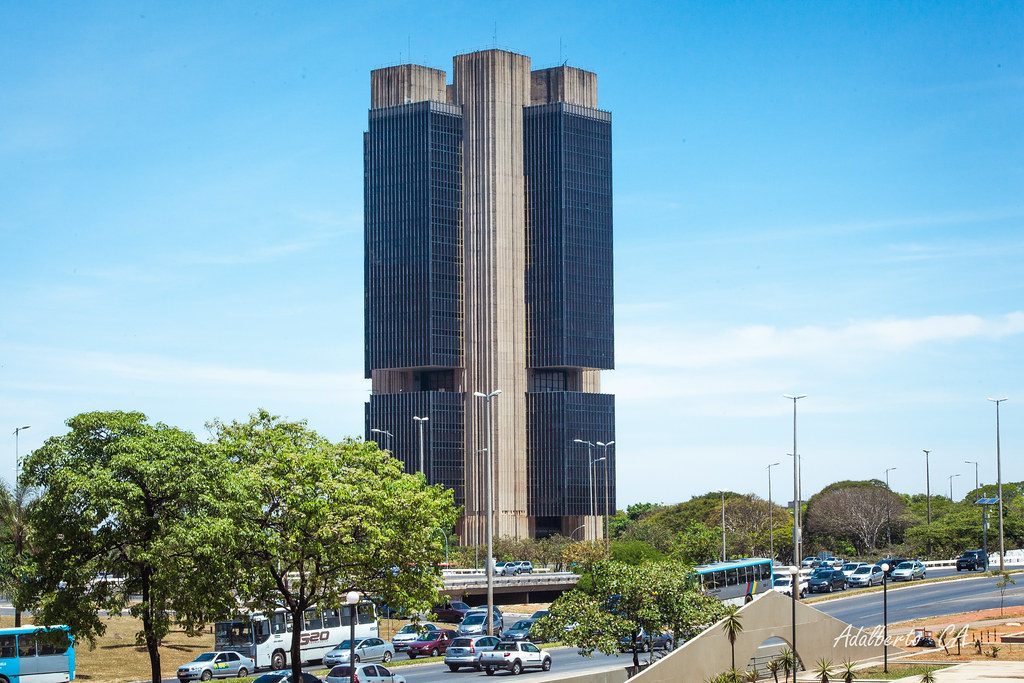RIO DE JANEIRO, BRAZIL – The Central Bank (CB) announced on Friday, August 23rd, that it will extend its strategy after beginning to use the dollars from international reserves to intervene in the exchange rate.
Throughout September, the monetary authority is to exchange US$11.6 billion in swap contracts (selling dollars in the futures market) in circulation in the market for resources from foreign reserves.

The CB has been selling up to US$550 million a day of international reserves to stabilize the exchange rate since Wednesday, August 21st.
The operations are carried out jointly with reverse exchange swaps (purchase of dollars in the futures market) at the same value, to maintain the exchange position (the confrontation between the exchange contracts and the dollars bought and sold) of the monetary authority.
Until early this week, Brazil held US$388 billion in international reserves, which act as insurance for the country at times of external crises.
The Central Bank exclusively used currency swap contracts to operate in the futures market and hold the dollar during volatile periods. This type of operation does not affect international reserves, but puts pressure on public debt interest rates, increasing the government’s indebtedness.
However, the monetary authority has begun to change the strategy. Between August 21st and 29th, the Central Bank will sell up to US$3.845 billion in reserves.
Reserves will be reduced to US$372.56 billion by the end of September, with the US$11.6 billion being sold. The direct sale of U.S. currency reduces external insurance against crises but lowers interest rates on the public debt at a time of fiscal difficulties.
On Friday, the dollar closed at R$4.124, the highest in almost a year, amid heightened trade tensions between the United States and China.

